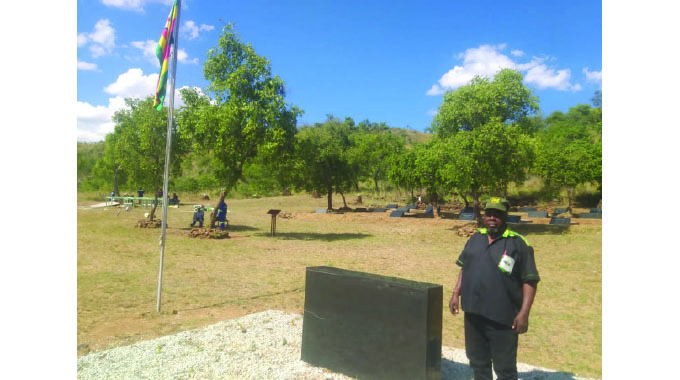End of old politics, beginning of new
Rashweat Mukundu Correspondent
The year 2018 will be a watershed year for Zimbabwe as much as 2017, not so much because of the likelihood of a ballot that will have new faces contesting for the Presidency, but more so on the emergence of a new politics, defined by a focus on the economy, adoption of more liberal policies, and indeed the transformation of the political space as initiated and defined by events of November and December 2017.
Key events that will shape 2018 include the likely stepping down of MDC leader Morgan Tsvangirai, a long-time opponent of former President Robert Mugabe. The resignation from the leadership of the MDC by Tsvangirai is partly attributable to Operation Restore Legacy and largely a personal issue due to ill-health.
In essence Operation Restore Legacy visited the MDC and the events of November and December 2017 are having a seismic effect not only in ZANU-PF, but in the opposition as well. The key effect of this political change in the MDC is that we will likely see the emergence of new political faces in the opposition, which may however want time to prepare for a contest with ZANU- PF, which somewhat had a head start in reorganising itself.
Any democracy needs an opposition that keeps those in power in check and on their toes and the hope is that the MDC will reorganise itself and do so fast enough to be of any electoral significance in 2018.
The new politics is therefore that we may be back to the 1980s, an era in which politics was entirely dominated by ZANU- PF and the opposition then was fledgling. The key change in the political space is that this may not necessarily be the old ZANU PF, but a “new” ZANU-PF. Arguably, ZANU-PF has crossed the ideological trappings of Marxism and its socialist thinking and has moved to the centre or centre right.
The disposal of State owned enterprises, changes to the indigenous law, rapprochement with the international community, especially on economic policy means that the MDC has to deal with a ZANU-PF that retains shades of the past, but has essentially taken over and is implementing as many of the policies pronounced by the MDC in the past.
Despite price increases by business in 2017, the Government of President Mnangagwa has remained disciplined enough in avoiding a direct confrontation and price controls.
The sight of a Rusape white farmer celebrating his return to his farm equally presents a departure on both the rhetoric and actions we are witnessing on the land reform programme. If ZANU-PF does succeed in growing the economy, we may see literally the end of opposition politics with as many in society contented enough to worry about the identity of those in power.
Two things will probably make or break ZANU-PF’s hold on power by consensus and not brawn in 2018: One is how the party and Government manage to deal with corruption. The Zimbabwe Anti-Corruption Commission needs reorganisation and more grounding to be impartial, efficient and effective. The ZACC cannot afford to fail in its work and must be free of political control and capacitated enough.
The second issue is how the 2018 elections will be managed especially as free from violence and fear mongering. This means that the words of the President and his senior officers must be translated into action to allow free campaigning, access to State media by all political parties and transparency in the operations of the electoral management body.
The coverage of the President and his vision must transcend amateurish media work. President Mnangagwa appears keen on transforming Zimbabwe from the old politics; the question so far is, is his vision shared by those surrounding him, so used to unbridled power and free largesse?
This new politics needs wide currency among those who surround the President. The country needs a new narrative on its future, something that society can hold onto. The opposition will have to rethink its approaches in 2018, this noting that ZANU-PF seemingly is running away with the “opposition agenda”. How is the opposition to counter President Mnangagwa in an era of growing national consensus on the need for economic revival?
It’s the season of ideas not slogans, it’s the end of the politics of ideology and emergence of the politics of delivery. The people of Zimbabwe are hopeful, but hope must be translated into substance and the leaders have a huge role to play in that.





Comments